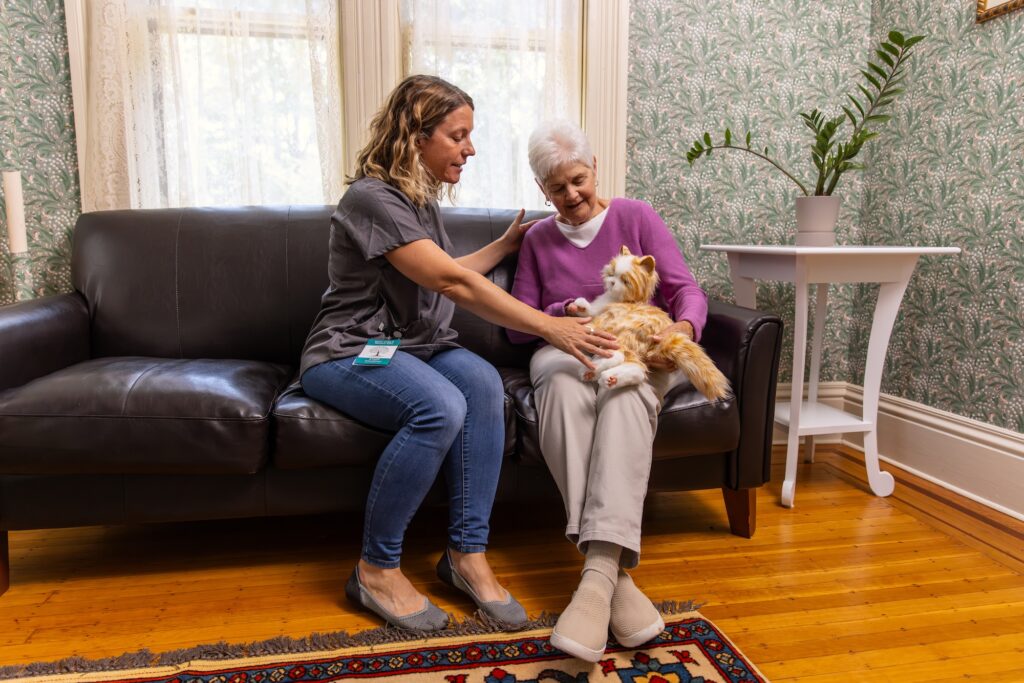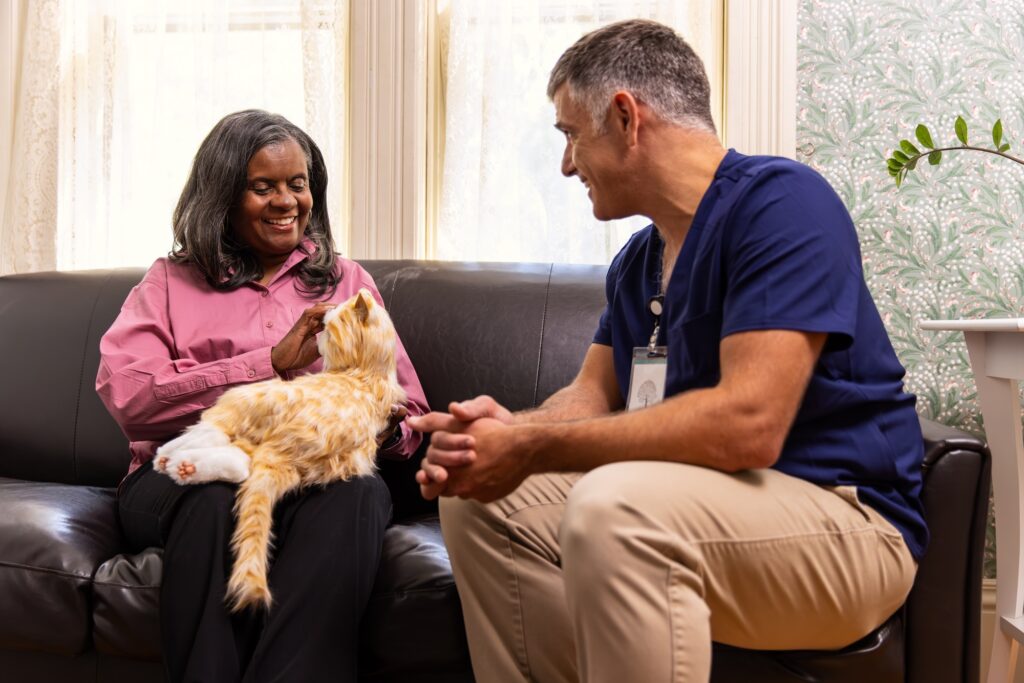Delirium is highly prevalent in hospitalized patients and is a strong and consistent negative predictor of length of stay, mortality, and long-term cognitive outcomes. Symptoms commonly associated with delirium include reduced ability to focus, sleep disturbances, psychomotor agitation, and emotional disturbances. The management of the behavioral disturbances of delirium is challenging. Although non-pharmacologic means to […]
Read More… from New Approaches for the Treatment of Delirium: A Case for Robotic Pets


